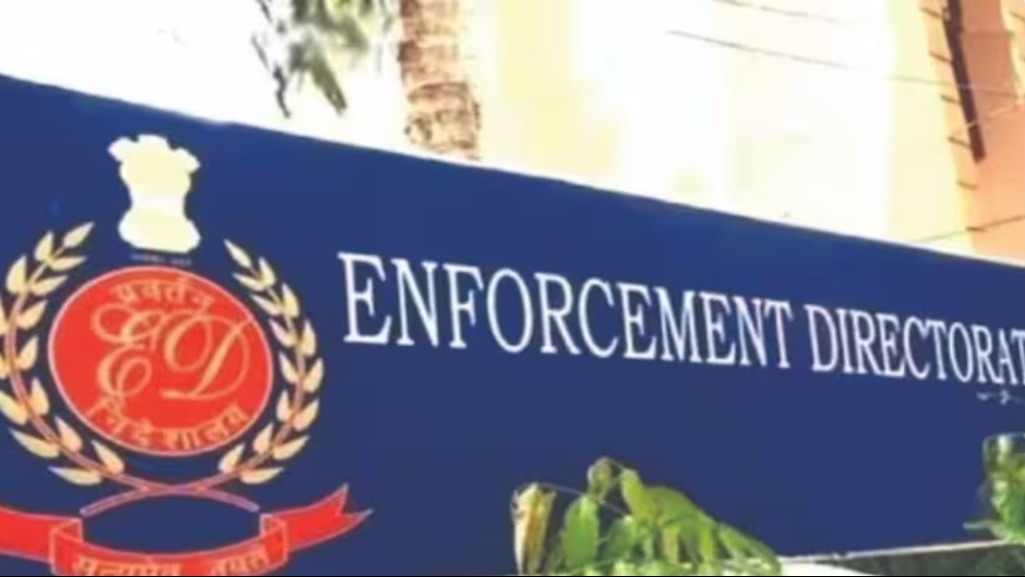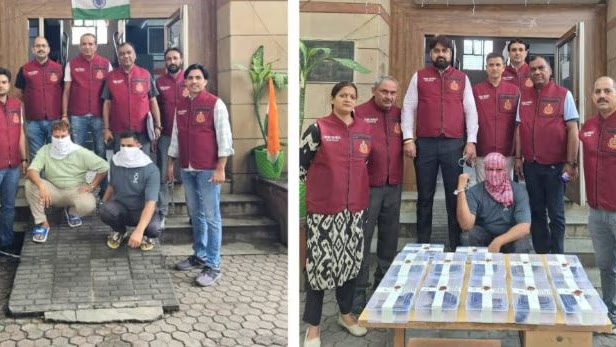The Enforcement Directorate (ED) has made the 17th arrest in the Delhi liquor scam case, taking Charanjit Singh into custody. Accused by the ED of organizing funds for the Aam Aadmi Party's (AAP) campaign during the 2022 Goa elections, Singh is deeply connected to AAP. The party, however, contends that the investigation is politically motivated and it has not received any funds related to this matter.
Charanjit Singh was detained under the Prevention of Money Laundering Act (PMLA) on the 12th of April and presented before a special court the following day, with the court ordering his ED custody until April 18th.
Prior to this, the ED has arrested Delhi's Chief Minister Arvind Kejriwal, former Deputy Chief Minister Manish Sisodia, BRS leader K. Kavitha, and several liquor traders and others in connection with the same case.
A money laundering case based on a CBI FIR implicates Singh and asserts that he made cash arrangements for AAP's promotion during the 2022 Goa elections.
ED alleges that K. Kavitha, TDP candidate for Ongole Lok Sabha seat Magunta Srinivasulu Reddy, his son Raghava Magunta, businessman Sarath Chandra and others bribed the AAP with Rs. 100 crores for liquor licenses in Delhi. According to ED, a part of this bribe, Rs. 45 crores, was used by the party for campaigning in the Goa elections.
The accusation states that AAP paid cash to survey workers, area managers, assembly managers, and others for election-related activities in Goa and that these individuals have reported to the ED that Charanjit Singh was given responsibility for this task.
Charanjit Singh, a resident of Delhi, was allegedly collecting money from hawala operators and distributing it at various locations during AAP's Goa assembly election campaign, managed by Chariot Media.
Discover how the scam unfolded on 17th November 2021, when the AAP government in Delhi implemented an excise policy, projecting an increase in revenue by Rs. 9500 crores. This policy shifted the control of the alcohol business to private companies.
Delhi was divided into 32 zones, allowing up to 27 liquor shops in each zone. The then Chief Secretary Naresh Kumar, suspecting irregularities in the policy, reported to Lieutenant Governor VK Saxena, who in turn recommended a CBI investigation. On August 17, 2022, the CBI registered its first case under the Prevention of Corruption Act, naming Sisodia, three former officials, nine businessmen, and two companies as suspects. Meanwhile, the government has since rescinded the entire policy.
The ED and CBI have conducted raids and made arrests, filing their respective charge sheets in court. They claim that the 2021-2022 excise policy led to a purported Rs. 2873 crore loss for the Delhi government. Though, AAP and the Delhi government have consistently refuted these allegations.




